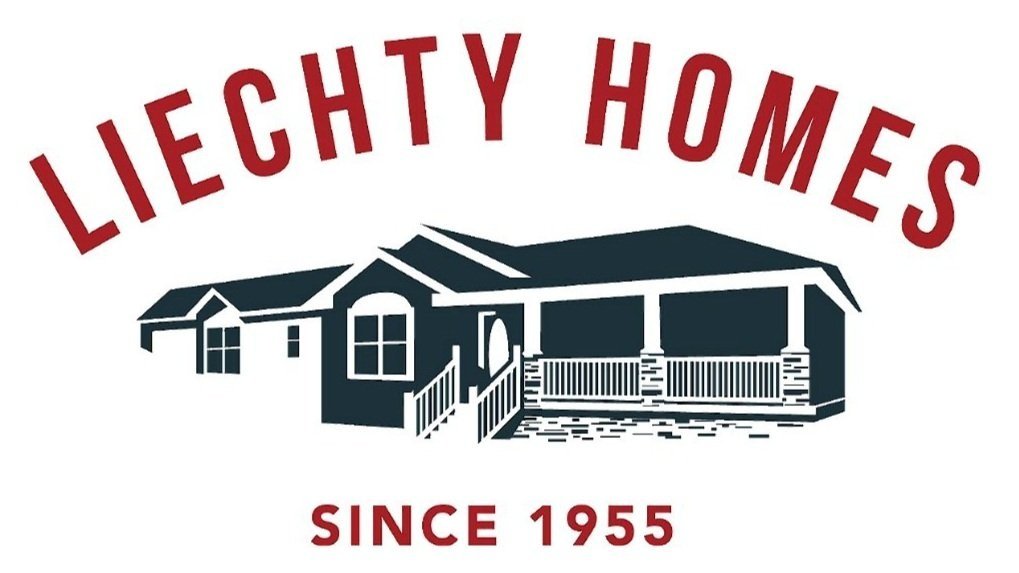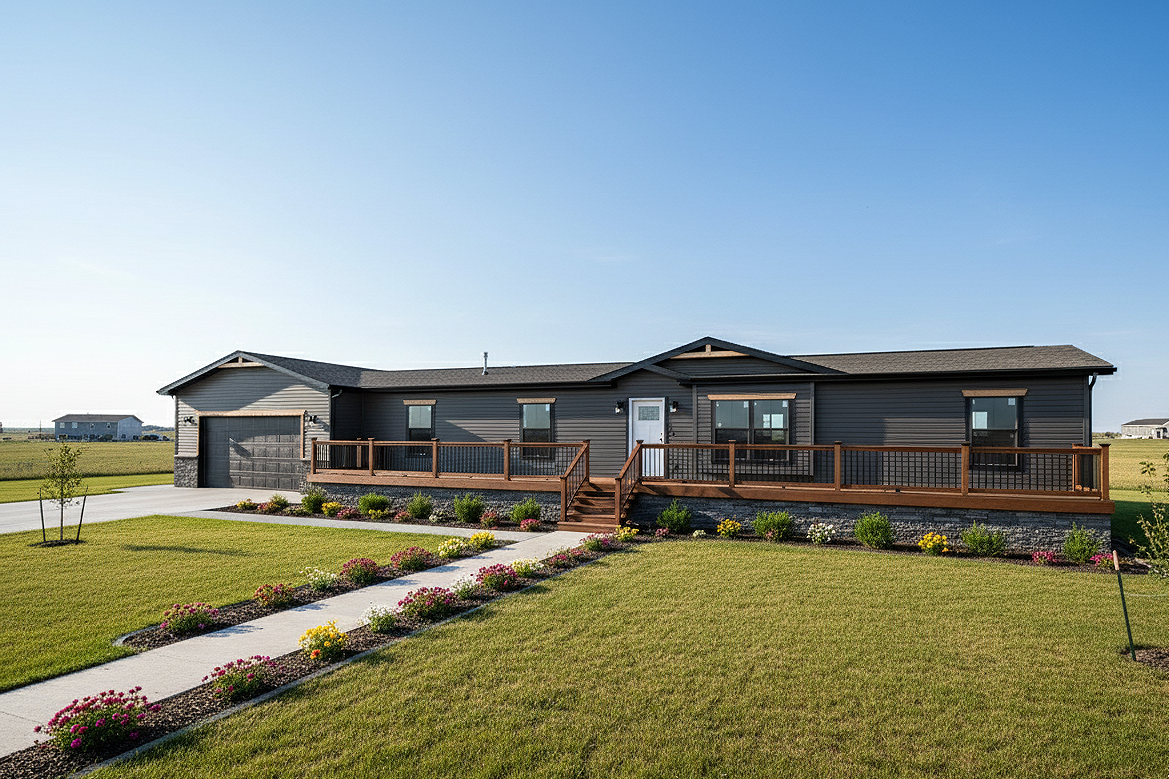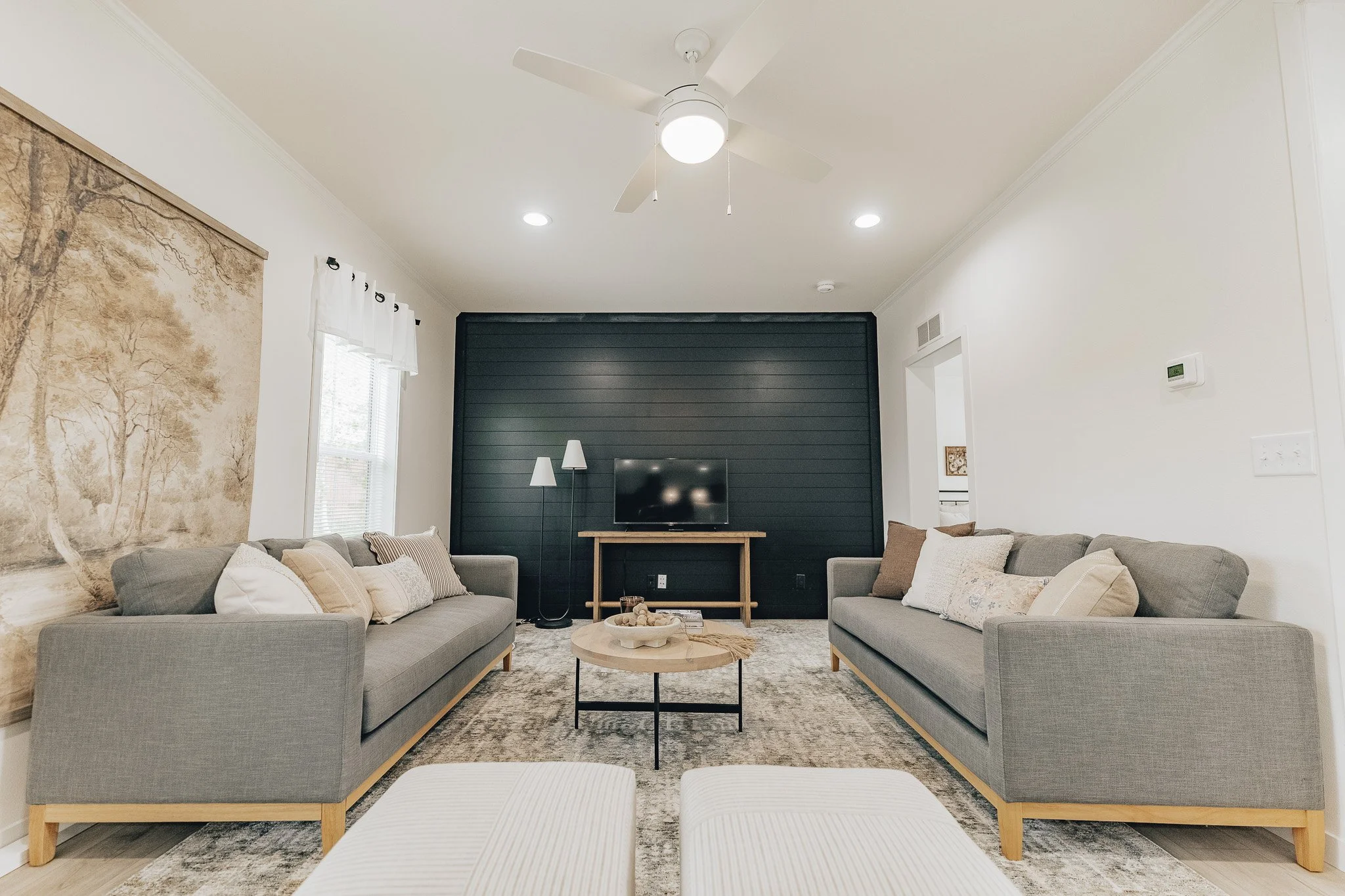What Is the Main Difference Between Modular and Manufactured Homes In North Dakota?
Choosing a home is a significant decision, especially in the unique climate of the Upper Midwest. For residents in North Dakota, South Dakota, and Minnesota, modular and manufactured homes offer high-quality, efficient, and modern housing solutions. However, understanding the technical and structural differences between the two is key to making the right choice for your family and your future.
At Liechty Homes, we specialize in both types of construction. While they share similarities—such as being built in controlled factory environments—the distinctions lie in the building codes they follow, the foundations they require, and the long-term financing options available.
Understanding Modular and Manufactured Homes
Both modular and manufactured homes fall under the umbrella of "factory-built" or "prefab" housing. This method of construction is superior to traditional site-built homes in many ways, as it protects building materials from the harsh North Dakota elements during the construction phase.
Modular Homes are built in sections (or modules) inside a factory and then transported to the home site for assembly. These homes are designed to meet the same local and state building codes as a traditional "stick-built" home. One of the primary characteristics of a modular home is that it is typically placed on a permanent, full basement or crawlspace foundation.
Manufactured Homes, on the other hand, are constructed entirely in a factory setting according to federal HUD (Housing and Urban Development) standards. They are delivered to the site as a complete unit (singlewide) or in two pieces (doublewide). These homes are traditionally placed on a blocked pier foundation with specialized skirting, though they can also be affixed to permanent foundations.
Quick Comparison:
Modular Homes: Built to local/state codes, assembled on-site, installed on full foundations, and offers maximum design flexibility.
Manufactured Homes: Built to federal HUD standards, delivered as finished units, placed on pier foundations, and represent the most affordable path to homeownership.
Cavco Modern Farmhouse
This manufactured home can either be built as a modular or a manufactured home
Key Differences: Compliance and Customization
One of the most important distinctions for North Dakota buyers is building code compliance. Because modular homes follow the same International Residential Code (IRC) as site-built homes, they are treated identically by zoning boards and lenders. This allows for a wider range of locations where modular homes can be placed, including many urban neighborhoods.
Customization is another area where modular homes shine. Because they are assembled in sections, homeowners can choose from expansive layouts, multi-story designs, and custom finishes that mimic the look of a traditional luxury home. While modern manufactured homes have come a long way and offer beautiful farmhouse and contemporary styles, they are generally limited to single-story designs to maintain structural integrity during transport.
The Value of Factory-Built Housing
A common question we hear at our sales centers in Jamestown, Bismarck, and Minot is whether these homes are a good investment. It is a common misconception that factory-built homes lose value.
In reality, when a modular or manufactured home is permanently affixed to land you own, it is classified as real property. Data shows that these homes appreciate at rates similar to traditional site-built homes. Because of the high-quality materials used by our partners like Schult and BonnaVilla, a Liechty Home is built to last for generations, making it a stable and rewarding investment for Midwest families.
Benefits of Choosing Modular for the Midwest Climate
North Dakota’s climate demands durable housing. Modular homes are particularly well-suited for our region because of their superior insulation and robust structural framing. Built in a climate-controlled factory, the wood remains dry and the seals remain tight, resulting in a home that is incredibly energy-efficient. This translates to significant savings on heating costs during our long winters.
Why Midwest Buyers Choose Liechty Homes:
Superior Insulation: Designed to keep you warm in -30°F temperatures.
Durability: Built to withstand the high winds and heavy snow loads of the Great Plains.
Speed: Since the home is built in a factory while the site is being prepared, you can move in much faster than with traditional construction.
Pricing and Financing in North Dakota
The cost of a home at Liechty Homes varies based on your choice of floor plan, size, and custom features. Generally, both modular and manufactured homes offer significant cost savings over site-built homes because of the efficiency of factory labor and bulk material purchasing.
Financing a modular home is identical to a traditional mortgage. For manufactured homes, we offer "Land-Home Packages" that allow you to bundle the cost of the home, the land, and the site improvements (like wells and septic systems) into a single transaction. We work with specialized lenders across North Dakota, South Dakota, and Minnesota to find competitive rates for our customers.
Serving Our Communities: From Bismarck to Duluth
With six locations across the region, Liechty Homes is committed to helping you find the perfect property. Whether you are looking for a modern manufactured home for a lot in Rapid City or a sprawling modular home for a farmstead outside of Fergus Falls, our team of experts is here to guide you through the process from floor plan selection to the final walk-through.
Our Locations:
North Dakota: Jamestown, Bismarck, and Minot
South Dakota: Rapid City
Minnesota: Duluth and Fergus Falls
Conclusion: Which Option is Right for You?
Deciding between a modular and a manufactured home depends on your budget, your preferred location, and your long-term goals. If you are looking for the most affordable entry into homeownership with modern amenities, a manufactured home is an excellent choice. If you want a custom-designed home with a full basement and maximum resale value, modular is the way to go.
Frequently Asked Questions (FAQs)
Q: Do Manufactured Homes Placed on Owned Land Appreciate in Value in North Dakota, South Dakota, or Minnesota?
A: Yes, absolutely. The key factor in home appreciation is land ownership. When a modern manufactured home (built post-1976 to HUD Code standards) is permanently affixed to a foundation on land you own, it is legally classified as real property. Data shows that these homes appreciate at rates nearly identical to traditional site-built homes when maintained well and located in desirable markets. Homes placed on rented land, however, are typically classified as personal property and may depreciate. Liechty Homes focuses on the land-home package to maximize your long-term investment potential.
Q: What is a "Land-Home Package" and How Do I Finance It in the Midwest?
A: A land-home package combines the cost of the manufactured home and the land (or the cost of land improvements) into a single transaction. This is the preferred method for financing. Liechty Homes works with lenders who specialize in these structures, allowing for traditional mortgage options like FHA, VA, and Conventional loans with competitive rates. These mortgage programs are typically only available when the home is affixed to land you own. We can connect you with local financial partners in ND, SD, and MN who understand the manufactured housing process.
Q: What are the Zoning and Permitting Requirements for Manufactured Homes on Private Land in ND, SD, and MN?
A: Zoning and permitting vary significantly by state and even by county or city ordinance.
North Dakota requires all new installations to be done by a state-licensed installer and follow inspection mandates by the Department of Commerce.
South Dakota requires specific tax affidavits before moving or transferring title to ensure all property taxes are paid.
Minnesota requires building permits and compliance with state building codes for installation, and homes must be set up by licensed installers and receive inspections.
Liechty Homes provides expert guidance on navigating the local regulations in areas like Bismarck, Rapid City, and Duluth to ensure your site preparation and installation are fully compliant.
Q: Can Liechty Homes Help Me Find Land to Put My Manufactured Home On?
A: While Liechty Homes primarily sells the home, we recognize that finding suitable land is the biggest challenge. We maintain strong relationships with local real estate agents and land development specialists in North Dakota, South Dakota, and Minnesota. We work as a partner to help you identify suitable parcels and then guide you through the process of site preparation, which includes assessing for utilities (well/septic, power), foundation requirements, and accessibility.
Q: Is there a difference in long-term maintenance costs between a Modular and a Manufactured Home on land?
A: Maintenance costs are generally comparable between a permanently affixed manufactured home and a modular home of similar size, quality, and location. Both modern types of factory-built homes use similar quality materials. The key factor affecting maintenance is not the code it was built under (HUD vs. IRC), but the quality of the installation on the foundation, the climate (like the harsh winters of the Upper Midwest), and the homeowner's diligence with routine upkeep (roof, siding, skirting, HVAC). Liechty Homes ensures a high-quality installation to minimize long-term issues for both types of homes.



